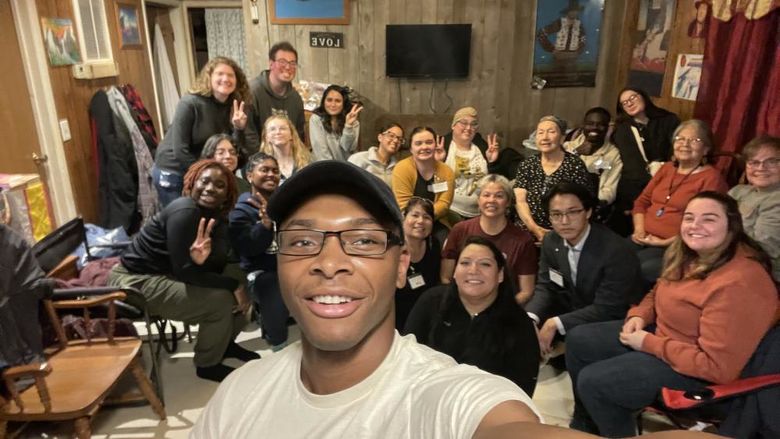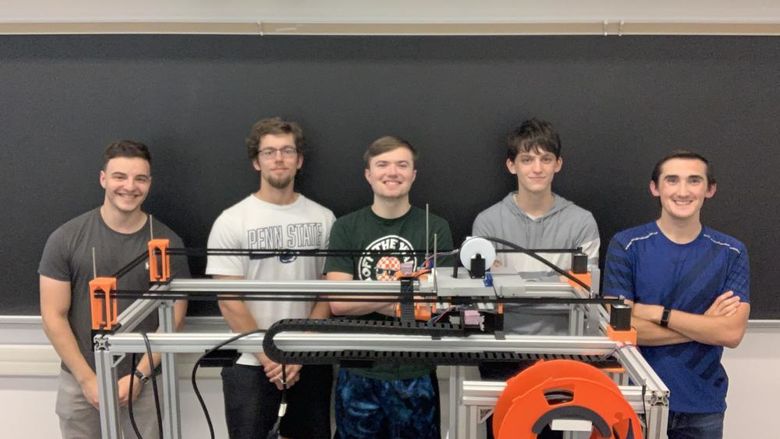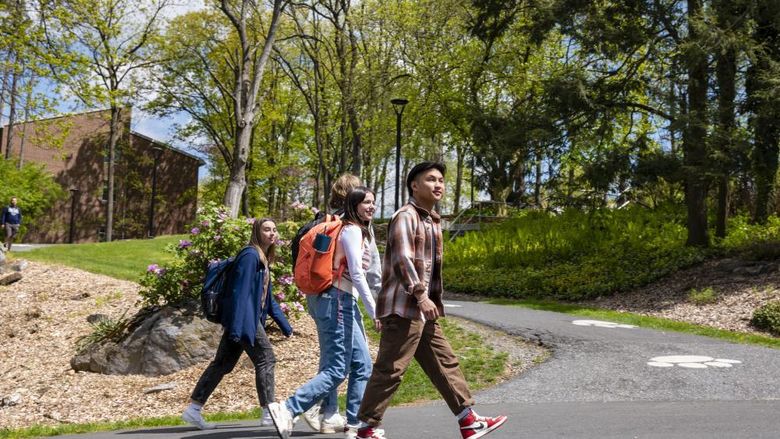UNIVERSITY PARK, Pa. — The Penn State Berks Center for Service Learning and Community-Based Research, which is led by Laurie Grobman, professor of English and women’s studies, has received the 2018 Penn State Award for Community Engagement and Scholarship.
The award recognizes a project that best exemplifies Penn State as an “engaged institution,” which the Kellogg Commission defines as an institution that has redesigned teaching, research, and extension and service functions to become even more sympathetically and productively involved with its communities.
The center, which participates in numerous community-based activities in the Reading, Pennsylvania, area, partners with a variety of community organizations. The center aims for reciprocal work with these community organizations, respect for all parties involved, excellent teaching and rigorous student learning.
Of the numerous partnerships the center has been a part of, two initiatives most exemplify their mission to Reading, which ranked among the top poorest cities in the 2016 census.
For the past three years, the center has participated in an effort to revitalize a section of a local trail in the Schuylkill River Trail Revitalization Project. Members of the center, in collaboration with diverse members of the community, together restored a section of the trail.
“The project was built on a cross-cultural collaboration and communication,” said a nominator. “In both process and outcome, the project succeeded in bringing diverse communities in Reading together to build understanding while bettering the community.”
As part of the project, Penn State students sampled water quality along the beaches of the trail and shared the information they learned with community members. Also, students who spoke Spanish gave tours and helped with translations. A communications class outlined a community-outreach plan for the trail.
More than 125 students from eight different classes and numerous community groups participated in the project.
“Carefully planned and executed community-engagement classes involve reciprocity where both students and community benefit. They also solve real-world problems,” said a nominator. “In the case of the Schuylkill River Trail Revitalization Project, students witnessed firsthand environmental and societal hazards created by careless and unchecked littering. In partnership, students designed and completed a project that resulted in a real and tangible offering to the community.”
Through the center, many classes have worked with community partners to write and rewrite local histories and narratives of the Reading area.
One such class, The Reading Police Oral History Project, documented some of the issues police officers in the community faced. The project was a direct response to the ongoing divide between police officers and the communities they serve, and the process of students researching the life and work of those officers demonstrated the power of community-based research as a partnership-building tool.
“Not only did students grow to understand the challenges and human toll of police work, but they also realize just how meaningful the craft of public service can be and the role of research in furthering such service,” a nominator said.





